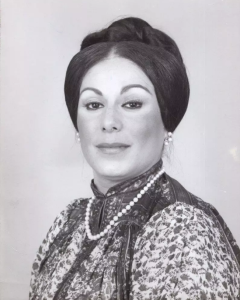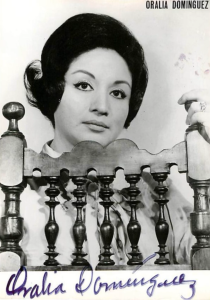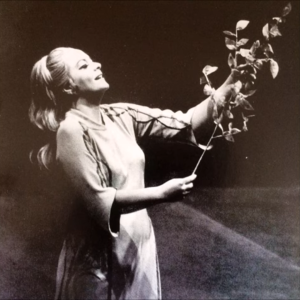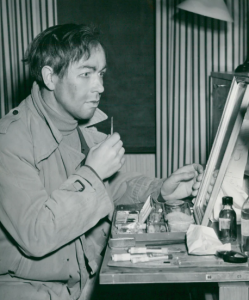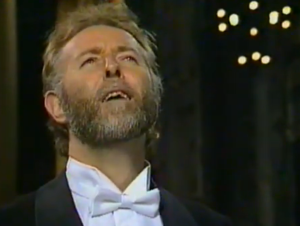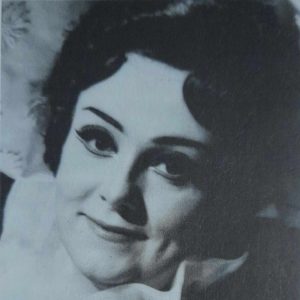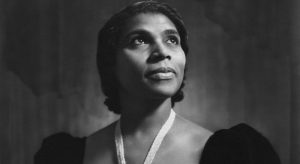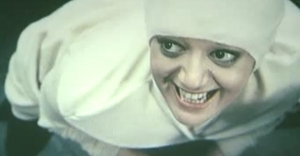Podcast: Play in new window | Download (Duration: 1:47:06 — 115.2MB) | Embed
Subscribe: Spotify | TuneIn | RSS | More
A year and a half ago, I posted an episode on Robert Massard, the finest French baritone of his era, and one of the finest French baritones of all time. Today, in honor of his upcoming hundredth birthday later this year, I present him in a different repertoire (and therefore a different light). As was very much the custom of the day in French opera houses, Massard sang many of his non-French roles in translation. This was also very much the standard in German-language opera houses in the 50s and 60s. Massard’s recorded legacy includes Italian operas sung in the original language as well as in French translation. No matter what language he was singing in, Massard was a master of bel canto as well as buffo patter. This episode includes arias and duets from Il barbiere di Siviglia, I Puritani, Lucie de Lammermoor, Le Comte Ory, La Traviata, Don Carlos, Un bal masque, La bohème, Cavalleria rusticana, and Andrea Chénier, as well as extended scenes from both Rigoletto (in and out of French!) and Falstaff. I also include a clip of Massard’s contemporary and compatriot Gabriel Bacquier singing an excerpt of one of his greatest Verdi parts, Iago in Otello. Massard’s vocal colleagues in these excerpts include Alain Vanzo, Peter Glossop, and Renée Doria.
Countermelody is a podcast devoted to the glory and the power of the human voice raised in song. Singer and vocal aficionado Daniel Gundlach explores great singers of the past and present focusing in particular on those who are less well-remembered today than they should be. Daniel’s lifetime in music as a professional countertenor, pianist, vocal coach, voice teacher, and journalist yields an exciting array of anecdotes, impressions, and “inside stories.” At Countermelody’s core is the celebration of great singers of all stripes, their instruments, and the connection they make to the words they sing. By clicking on the following link (https://linktr.ee/CountermelodyPodcast) you can find the dedicated Countermelody website which contains additional content including artist photos and episode setlists. The link will also take you to Countermelody’s Patreon page, where you can pledge your monthly or yearly support at whatever level you can afford.

